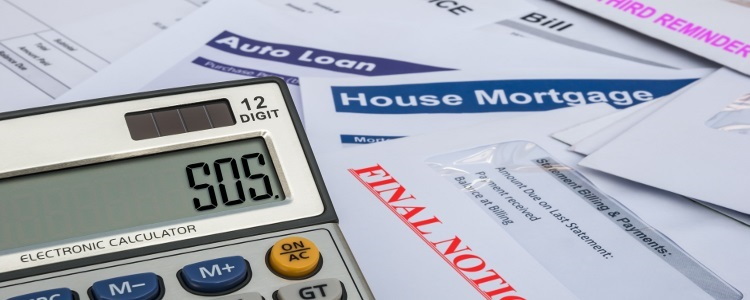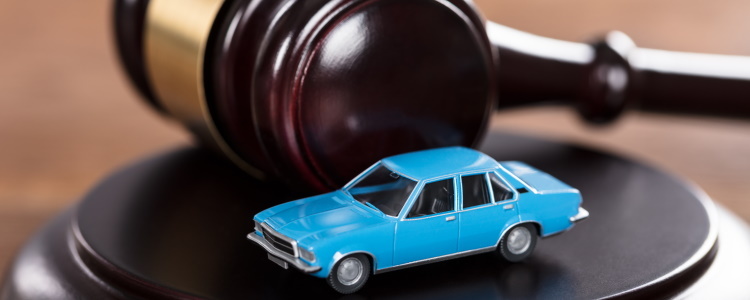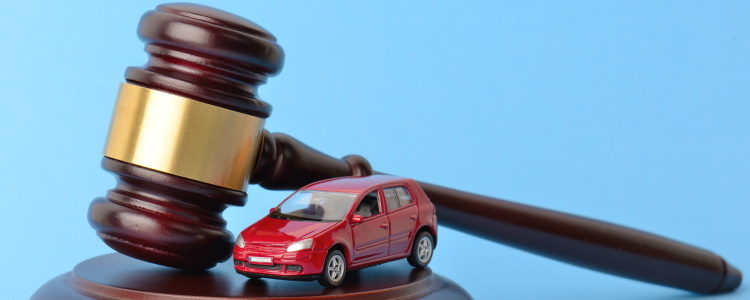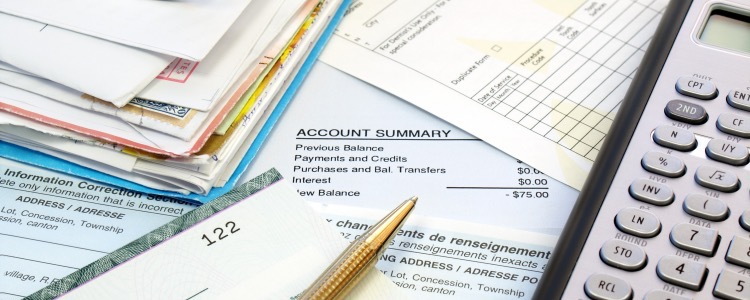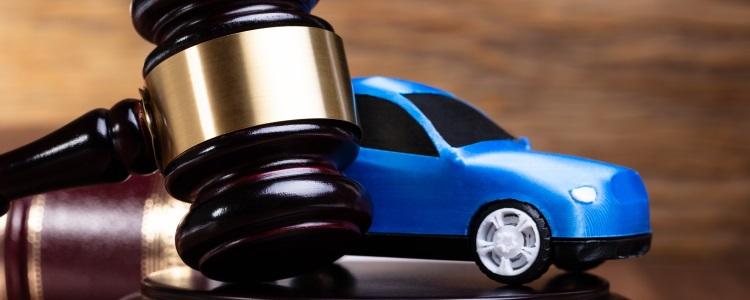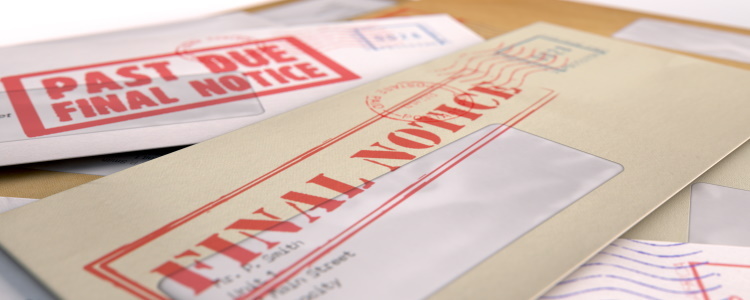Bankruptcy filers are often able to discharge most or all of their debt, which means they're no longer legally required to pay it. Furthermore, a bankruptcy is discharged when it's successfully completed, while a dismissal means it wasn't. However, some types of debt can't be discharged.
Can a Creditor Collect on a Discharged Debt?
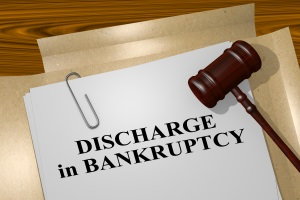 Once you file for bankruptcy, an automatic stay kicks in. During the automatic stay, your creditors can’t contact you or take any collection actions against you for a debt. It’s illegal for creditors to continuously reach out and ask for any debt owed while the bankruptcy is open.
Once you file for bankruptcy, an automatic stay kicks in. During the automatic stay, your creditors can’t contact you or take any collection actions against you for a debt. It’s illegal for creditors to continuously reach out and ask for any debt owed while the bankruptcy is open.
Once you complete the bankruptcy and it’s discharged, most remaining debts are discharged, or wiped out, as well. The discharge also permanently prevents most creditors from collecting a debt. If they persist, know that it’s illegal and you should contact your attorney for further assistance.
Debt that Can’t be Discharged
Debt that can be discharged includes credit card debt, medical bills, loans, and other unsecured debt. It’s important you discuss your debt with your lawyer before filing. They can tell you exactly what can and can’t be discharged, and guide you through the bankruptcy process.
On the other hand, there are five types of debt that can’t be discharged that affect both types of bankruptcy:
- Child support or alimony
- Criminal fines, penalties, and restitution – this includes debts from a DUI charge
- Specific taxes such as fraudulent income, property taxes due within the previous year, and business taxes
- Debts not listed in the bankruptcy
- Student loans
Discharged Debt and Your Credit Reports
The effects of a bankruptcy on your credit decrease over time. The bankruptcy is listed on your credit reports for either seven or 10 years depending on the type of bankruptcy you file. Each debt associated with it is listed on your reports as either "having a zero balance" or "discharged, included in bankruptcy" once the bankruptcy is complete. But, it can take time to update your credit reports. Although you may have your discharge papers, it’s possible one or more of the credit bureaus hasn’t updated your report yet.
Before you take on any more credit, it’s best to check your credit reports from the three major credit bureaus (Equifax, Experian, and TransUnion). You can request a free copy from all three every 12 months by visiting www.annualcreditreport.com.
According to legal information website Nolo, the best way to make sure the discharge gets reported is by claiming one credit report every three months after you receive your discharge papers. Look over each of your reports for any unfamiliar creditor names or debts. When you have all three, look at them side by side to make sure all information is accurate and up to date. If a discharged debt was inaccurately reported, you should dispute the error to the reporting credit bureau.
The Bottom Line
Bankruptcy is tough, but the more educated you are on what debts can and can’t be discharged, the better off you’re going to be.
If you had to give up your vehicle in a Chapter 7 bankruptcy, or are in the middle of a Chapter 13, and need a car, let Auto Credit Express help you find auto financing. We work with dealerships across the country that specialize in helping borrowers in unique credit situations, including bankruptcy, get financing for the vehicles they need. Start the process of getting matched with a local dealer right now by submitting our easy and secure auto loan request form.

